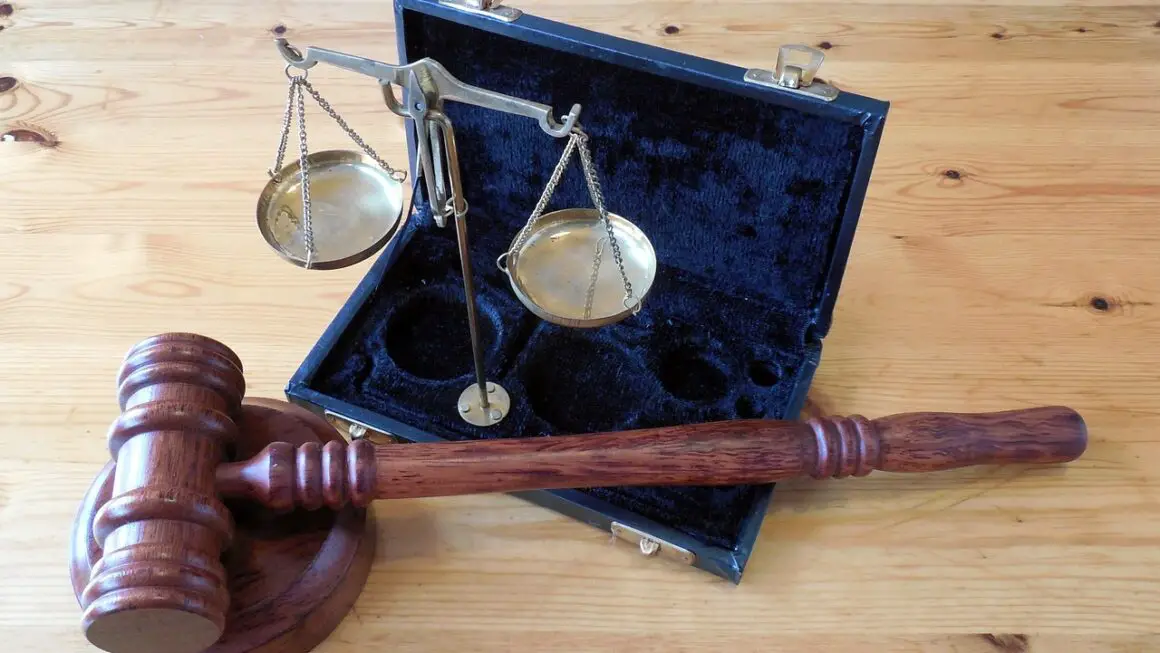Navigating the world often requires understanding and utilizing various legal documents. From securing your property to planning for the future, these documents serve as the foundation for many crucial aspects of life and business. This guide breaks down common legal documents, offering insights into their purpose, significance, and how they can protect your interests.
Understanding Legal Documents: An Overview
Legal documents are formally written records that outline agreements, rights, obligations, and other legally binding information. They serve as evidence in legal proceedings and provide a framework for managing different aspects of personal and business affairs. Understanding the basic principles and purposes of these documents is crucial for ensuring clarity and protection.
What Makes a Document Legal?
Several factors contribute to a document being recognized as legally binding:
- Offer and Acceptance: A clear proposal is made (offer), and it is accepted without changes.
- Consideration: Something of value (money, goods, services) is exchanged between parties.
- Competent Parties: All individuals involved must be of legal age and mentally capable of understanding the agreement.
- Legal Purpose: The document’s objective must be lawful and not violate any existing laws or regulations.
- Proper Form: The document must adhere to specific formatting requirements, as mandated by the jurisdiction. This may include specific language, signatures, and notarization.
Types of Legal Documents
Legal documents span a wide range of categories, each serving a distinct purpose:
- Contracts: Agreements between two or more parties.
- Wills and Trusts: Documents for estate planning.
- Real Estate Documents: Deeds, mortgages, and leases.
- Business Documents: Articles of Incorporation, partnership agreements, and non-disclosure agreements (NDAs).
- Court Documents: Pleadings, motions, and judgments.
Essential Personal Legal Documents
Protecting yourself and your family often involves several key legal documents. These are some of the most important ones to consider.
Wills and Estate Planning
A will is a legal document that dictates how your assets will be distributed after your death. Estate planning involves creating a strategy for managing and distributing your assets, which may include:
- Will: Names beneficiaries and specifies how assets are distributed.
- Living Will (Advance Directive): Outlines your wishes regarding medical treatment if you become incapacitated.
- Durable Power of Attorney: Appoints someone to manage your financial and legal affairs if you are unable to.
- Trusts: Legal arrangements where assets are held and managed by a trustee for the benefit of a beneficiary. Example: A revocable living trust can avoid probate and provide for the smooth transfer of assets to your heirs.
Real Estate Documents
Real estate transactions require a variety of legal documents:
- Deed: Transfers ownership of a property from one party to another. Example: A warranty deed guarantees the seller’s clear title.
- Mortgage: Creates a lien on the property as security for a loan.
- Lease Agreement: Outlines the terms and conditions for renting a property. Example: A residential lease agreement specifies rent amount, lease term, and responsibilities of the landlord and tenant.
- Title Insurance: Protects against defects in the title to the property.
Power of Attorney
A power of attorney (POA) grants someone the authority to act on your behalf in legal and financial matters.
- General Power of Attorney: Provides broad authority to act on your behalf.
- Special Power of Attorney: Limits the authority to specific actions. Example: A special POA might allow someone to sell a specific piece of property on your behalf.
- Durable Power of Attorney: Remains in effect even if you become incapacitated.
Business Legal Documents
Running a business requires a strong foundation of legal documents to ensure compliance and protect your interests.
Formation Documents
These documents establish the legal structure of your business:
- Articles of Incorporation (for corporations): Creates a corporation and outlines its structure and purpose.
- Articles of Organization (for LLCs): Establishes a limited liability company (LLC) and defines its members and operating procedures.
- Partnership Agreement: Governs the rights and responsibilities of partners in a business. Example: A partnership agreement should outline how profits and losses are shared, decision-making processes, and what happens if a partner leaves the business.
Contracts and Agreements
These documents define the terms of business relationships:
- Sales Agreements: Outlines the terms of a sale, including price, quantity, and delivery.
- Service Agreements: Specifies the services to be provided and the compensation.
- Non-Disclosure Agreements (NDAs): Protects confidential information.
- Employment Contracts: Sets the terms of employment, including salary, benefits, and responsibilities. Example: An employment contract may include clauses on non-compete and confidentiality.
Intellectual Property Documents
These documents protect your business’s valuable intangible assets:
- Copyright Registration: Protects original works of authorship.
- Trademark Registration: Protects brand names and logos.
- Patent Application: Protects inventions.
- Licensing Agreements: Grants permission to use intellectual property.
Navigating Legal Document Creation and Review
Creating and reviewing legal documents can be complex. Here’s how to approach it effectively.
DIY vs. Professional Assistance
- DIY: Using online templates and resources can be cost-effective for simple documents. Caution: Ensure the templates are jurisdiction-specific and thoroughly reviewed.
- Professional Assistance: Consulting with an attorney is recommended for complex documents or situations where you need expert legal advice. Benefit: An attorney can ensure the document meets your specific needs and complies with all applicable laws.
Key Elements of Legal Document Review
- Clarity and Accuracy: Ensure the language is clear, concise, and free from ambiguity.
- Completeness: Verify that all necessary information is included.
- Compliance: Check that the document complies with all applicable laws and regulations.
- Risk Assessment: Identify potential risks and address them in the document.
- Enforceability: Confirm that the document is legally binding and enforceable.
Tips for Managing Legal Documents
- Organization: Keep all legal documents organized and easily accessible.
- Digital Copies: Scan and save digital copies of important documents.
- Secure Storage: Store original documents in a secure location, such as a fireproof safe or safety deposit box.
- Regular Review: Periodically review your legal documents to ensure they are up-to-date and still meet your needs. Example: Review your will after major life events, such as marriage, divorce, or the birth of a child.
The Importance of Notarization
Notarization adds an extra layer of authenticity and credibility to legal documents. A notary public serves as an impartial witness to the signing of a document, verifying the identity of the signer and ensuring that they signed the document voluntarily.
What is Notarization?
Notarization involves the following steps:
- Verification of Identity: The notary public verifies the signer’s identity using a valid form of identification.
- Witnessing the Signature: The notary public witnesses the signer signing the document.
- Notarial Seal and Signature: The notary public affixes their official seal and signature to the document.
Documents that Typically Require Notarization
- Deeds: Transferring ownership of real property typically requires notarization.
- Affidavits: Sworn statements used as evidence in legal proceedings often need notarization.
- Power of Attorney: Many POAs require notarization to be valid.
- Wills: Some states require wills to be notarized to be self-proving.
Finding a Notary Public
- Banks: Many banks offer notary services to their customers.
- Law Offices: Law offices often have notaries on staff.
- Real Estate Offices: Real estate offices frequently provide notary services.
- Online Notary Services: Several online platforms offer remote notarization services.
Conclusion
Legal documents are essential tools for protecting your personal and business interests. Understanding their purpose, significance, and how to create and manage them is crucial. While DIY options exist, consulting with an attorney is often the best way to ensure your documents are comprehensive, compliant, and enforceable. By staying informed and proactive, you can navigate the legal landscape with confidence and safeguard your future.



